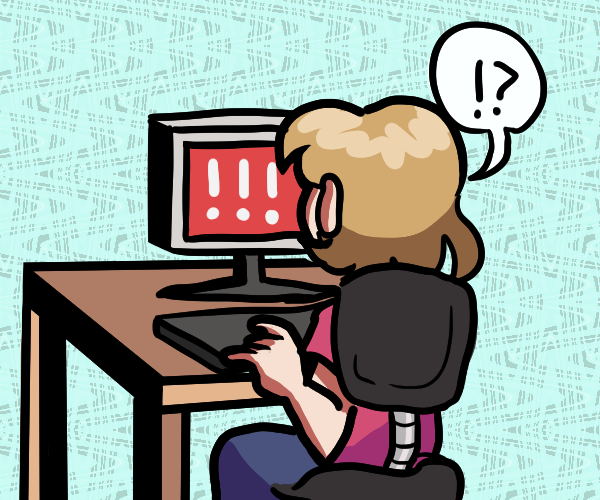Educating youth in the digital age
SHS hosts internet safety iPass session
April 13, 2018
Would someone walk through a park filled with strangers blindfolded in the middle of the night? Hopefully anyone would say no because it’s dangerous. According to Spanish teacher Jamie Marshall, that’s what’s happening when students talk to strangers online.
Spanish teacher Jamie Marshall compared walking through a park at night, blindfolded and surrounded by strangers to being on the internet.
“You can’t do that because it’s just as dangerous,” Marshall said.
SHS is hosting ICAC (Indiana Crimes Against Children) Task Force on April 17 during iPass, 5th period and at 6:30 p.m. to warn students and parents of the dangers lurking in the digital world and how to protect themselves. ICAC will be discussing topics such as how to be protected , why people should avoid hanging out with others that they meet online and online bullying. Any students or parents who are interested in attending can sign up for it through the form located in SHS’ most recent newsletter sent out by email every Friday. Social worker Jorie Depalma says that as of right now there is only one person signed up. She is urging students and their families to sign up because she says there are many benefits that come from it.
“We want to give students and families a resource to combat any kind of victimization online,” Depalma said. “We want them to be able to protect themselves.”
Marshall believes that it is important to have internet safety rules in place to protect everyone. Marshall’s daughter, who is currently an 8th grader, just created her first instagram account a couple of weeks ago. One of the rules that Marshall put in place about having the account was that she had to let both of her parents follow her. Marshall believes that this will help keep her family safer online.
Marshall hopes that the internet safety presentation will make students think and become more aware of the dangers online, even if it seems innocent. She wants students to be aware that they should never share too much information about themselves such as private information like where one may live.
“You just need to stop and think how what you post is going to reflect on you as a person,” Marshall said. “Is that the message that you want to send about who you are?”


